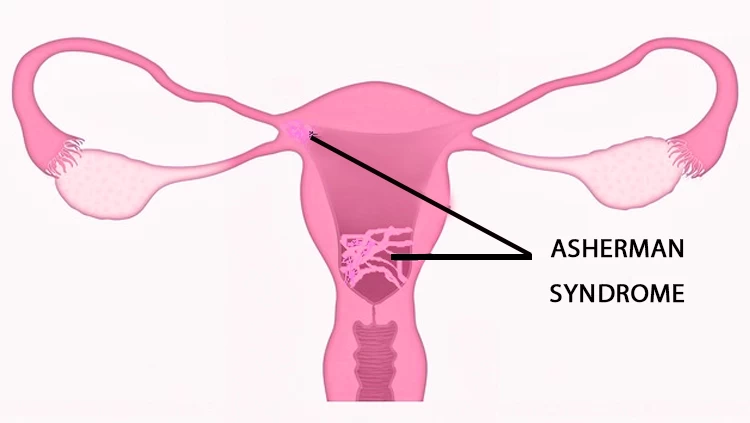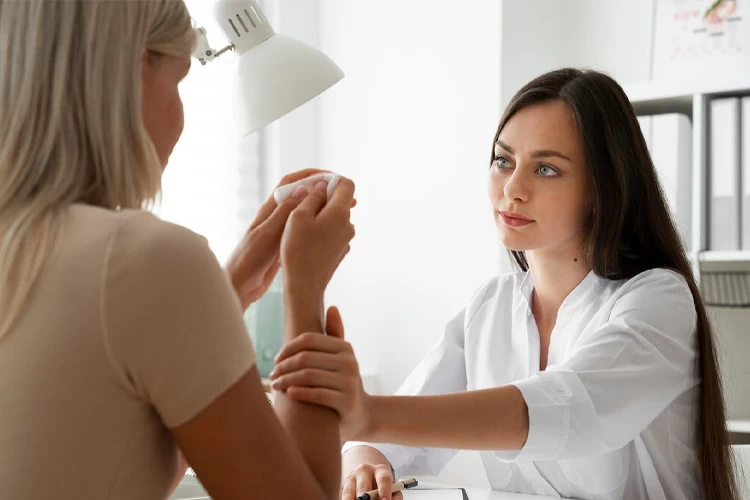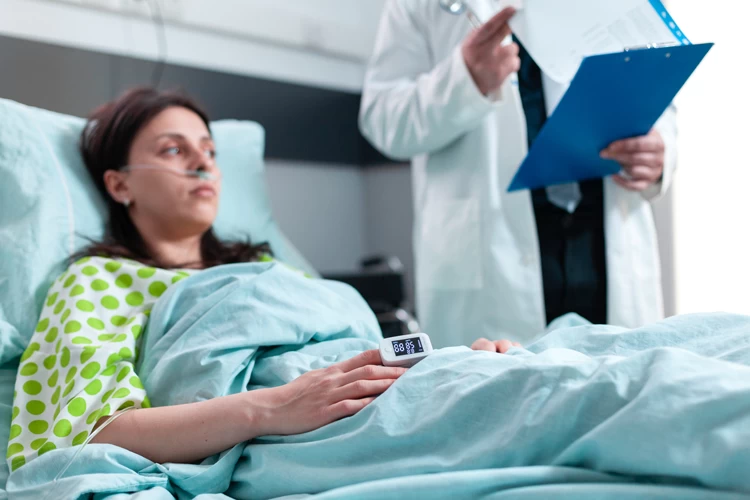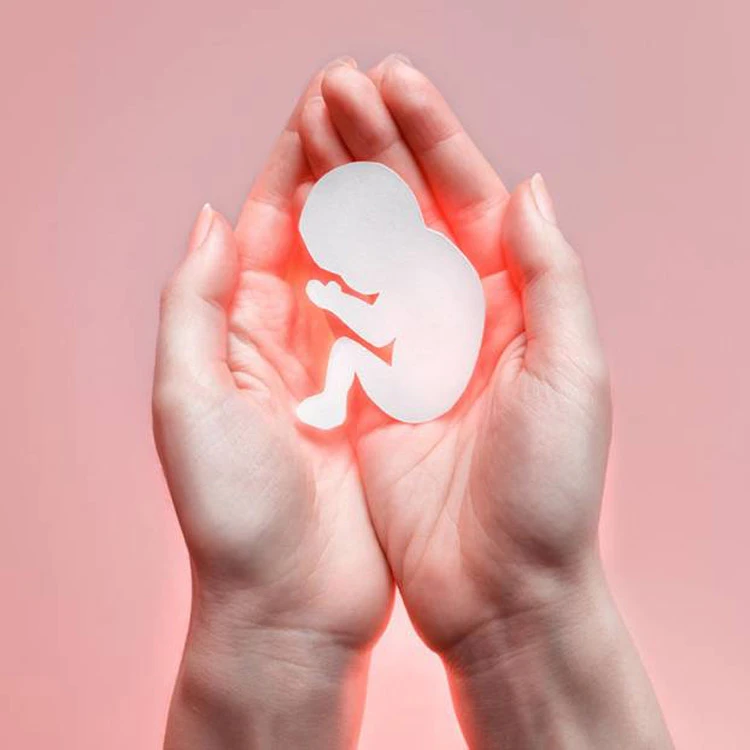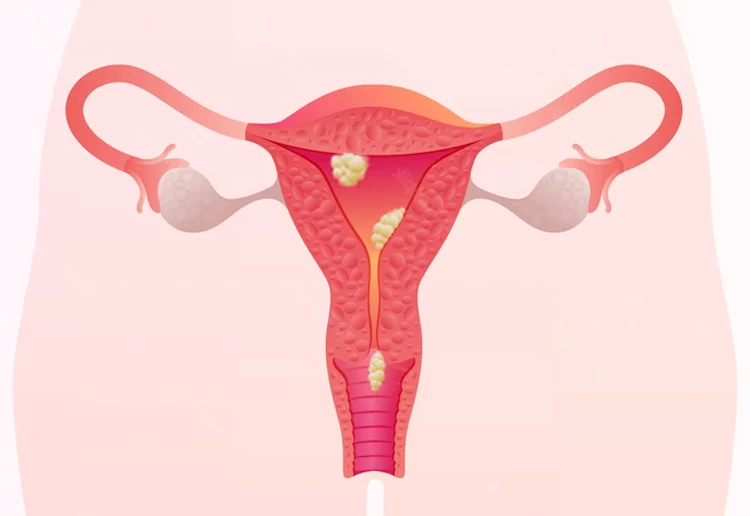The irregular period is an issue that affects nearly all women throughout their lifetime. This situation occurs when the time interval between menstrual cycles is more or less than the normal limit. While this is considered completely normal in some cases, like the first cycles after puberty or the last cycles preceding menopause, it might be an indicator of an underlying health condition in other cases.
Dysmenorrhea is a common condition that affects many women and can be caused by various factors such as hormonal imbalances, uterine fibroids, or conditions like endometriosis. It typically lasts about 48 to 72 hours, until hormone levels in the body drop to zero around day 3 or 4 of the period. Treatment for dysmenorrhea may include pain relievers, certain home remedies, and other interventions to help manage the pain.
Dilation and curettage (D&C) is a common gynecological procedure used to extract tissue from the interior of the uterus. This common procedure is commonly performed to address conditions such as heavy bleeding, incomplete miscarriage, and or to remove polyps or fibroids from the uterus. While D&C is generally considered safe and effective with a quick recovery time, there are potential risks and complications, including infection, bleeding, and, in rare cases, cervical damage.
Intrauterine adhesions, also known as Asherman Syndrome, are bands of scar tissue that form inside the uterus. This condition can occur as a result of surgeries such as cesarean sections, dilation and curettage (D&C) procedures, or infections. Intrauterine adhesions can lead to a variety of fertility issues in women.
Miscarriage does not jeopardize the life of the mother, but it can have a negative impact on her mental and physical health. Infection, pain, excessive bleeding, digestive problems, incomplete miscarriage (part of the fetus and placenta remains in the uterus), hormonal imbalance, depression and anxiety, and other problems can cause discomfort for the mother for a long time after miscarriage.
Silent miscarriage happens when the baby dies in the womb, but the body shows no symptoms. Diagnosing such miscarriages is hard as the pregnancy hormones are high for some time after the infant has perished. Light vaginal bleeding, cramps, and abnormal vaginal discharges can be the signs of silent miscarriage.
Preventing miscarriage, or at least reducing its risk, is attainable through getting regular check-ups, taking necessary vaccines and medications, managing infection, being more active, and avoiding harmful substances. What you eat and drink also plays an important role in lowering the risk of repeated miscarriage. Have more beans, whole grains, roasted chicken, sugar-free drinks, etc., to balance your hormones and prepare your body for holding the baby for 40 weeks.
Recurrent miscarriage refers to losing a fetus more than two times in a row. This happens due to immunological disorders, hormonal problems, uterus issues, chromosomal defects, infection of the reproductive system, metabolism disorders, and other factors. Fortunately, recurrent miscarriages can be treated by medication, assisted reproductive techniques, surgery, and lifestyle modifications.
A uterine polyp is a tissue developed on the endometrium lining. Large polyps lead to infertility as the embryo cannot attach to the embryo and grow naturally. Factors like hormonal disorders, advanced age, genetics, elevated blood pressure, etc., cause uterine polyps. This health issue can be treated by taking hormonal medications or hysterectomy.
Varicocele surgery reduces scrotum pain and treats infertility; however, it may cause hydrocele, damage to the scrotum’s vein, testicular atrophy, or testicle inflammation. Varicocelectomy is done in various ways, including open surgery, microsurgery, laparoscopy, and embolization, but the safest method is laparoscopy surgery.



